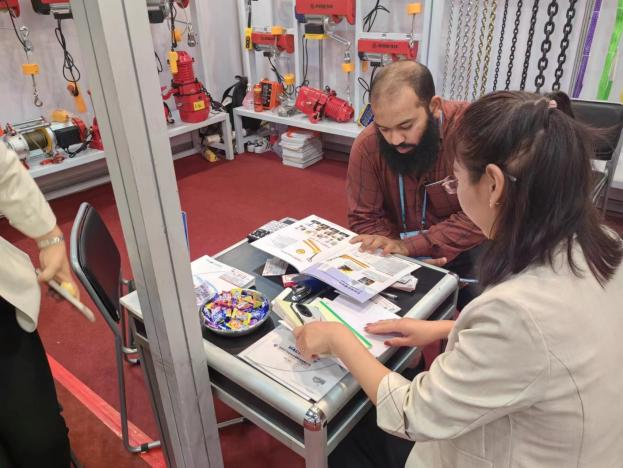


Understanding Different Types of Pallet Trucks
Pallet trucks, also known as pallet jacks or pallet forks, are essential pieces of equipment used in warehouses, factories, and various logistics environments to facilitate the movement of goods. Their primary function is to lift and transport pallets loaded with products, making them invaluable in improving efficiency and productivity within a workplace. In this article, we will explore the different types of pallet trucks available, highlighting their features, advantages, and suitable applications.
1. Manual Pallet Trucks
Manual pallet trucks are the most common type found in many industries. They are operated by hand and are designed for low to medium lifting tasks. The operator manually pumps the handle to lift the forks off the ground using a hydraulic mechanism. These trucks usually have a weight capacity between 2,500 to 5,500 lbs and are suitable for transporting pallets over short distances.
*Advantages* - Cost-effective and relatively easy to use. - Requires no power source or battery, making them low-maintenance. - Ideal for small warehouses and in settings where frequent lifting and lowering of pallets are required.
2. Electric Pallet Trucks
Electric pallet trucks, often referred to as powered pallet jacks, reduce the physical strain on operators as they incorporate an electric motor to lift and move heavy loads. These trucks are especially beneficial in larger warehouses or during high-volume operations where manual handling could be inefficient or unsafe.
*Advantages* - Increased efficiency with the ability to lift and transport heavier loads easily. - Reduces the risk of worker fatigue and potential injuries. - Provides features like speed control and stronger lifting capabilities.
3
. Heavy-Duty Pallet TrucksFor industries that deal with extremely heavy loads, heavy-duty pallet trucks are designed specifically to withstand high weight capacities, often exceeding 10,000 lbs. These trucks are constructed with robust materials and reinforced frames that enable them to handle the additional strain.
*Advantages* - Suitable for specialized applications in manufacturing, construction, and distribution. - Enhanced durability extends the lifespan of the equipment. - Can be equipped with larger wheels to traverse rough terrain.

4. Rough Terrain Pallet Trucks
Rough terrain pallet trucks feature larger wheels and a sturdy design, allowing them to navigate through uneven surfaces, gravel, or outdoor environments. They are ideal for use in warehouses that also include outdoor loading areas, construction sites, or agricultural settings.
*Advantages* - Increased mobility on outdoor sites or non-paved surfaces. - Designed for heavy loads, making them perfect for industrial applications. - The robust construction ensures longevity and reliable performance.
5. Stainless Steel Pallet Trucks
In industries where hygiene and cleanliness are paramount, such as food processing or pharmaceuticals, stainless steel pallet trucks are the solution. These models are constructed from stainless steel to prevent contamination and are resistant to corrosion, rust, and other damage from chemicals.
*Advantages* - Hygienic and easy to clean, which is crucial for compliance with health regulations. - Durable and resistant to environmental factors. - Can be used in cold storage or wet environments without compromising integrity.
6. Two-in-One Pallet Trucks
Two-in-one pallet trucks combine the functions of a standard pallet jack with additional capabilities, such as a built-in scale or the ability to lift and tilt loads. They are multi-functional and can significantly enhance productivity by combining tasks.
*Advantages* - Saves time and effort by consolidating two functions into one device. - Provides flexibility in various operational tasks, from weighing to transporting. - Often come with advanced features like digital displays for monitoring.
Conclusion
Selecting the right type of pallet truck significantly impacts the efficiency and safety of logistical operations. Understanding the characteristics and suitability of each type is crucial for making an informed decision based on the specific needs of your workplace. From manual and electric models to specialized versions such as stainless steel and rough terrain trucks, there is a pallet truck designed for nearly every application. By choosing the appropriate pallet truck, businesses can optimize their material handling processes, reduce labor costs, and improve overall productivity.



